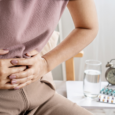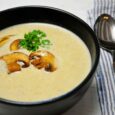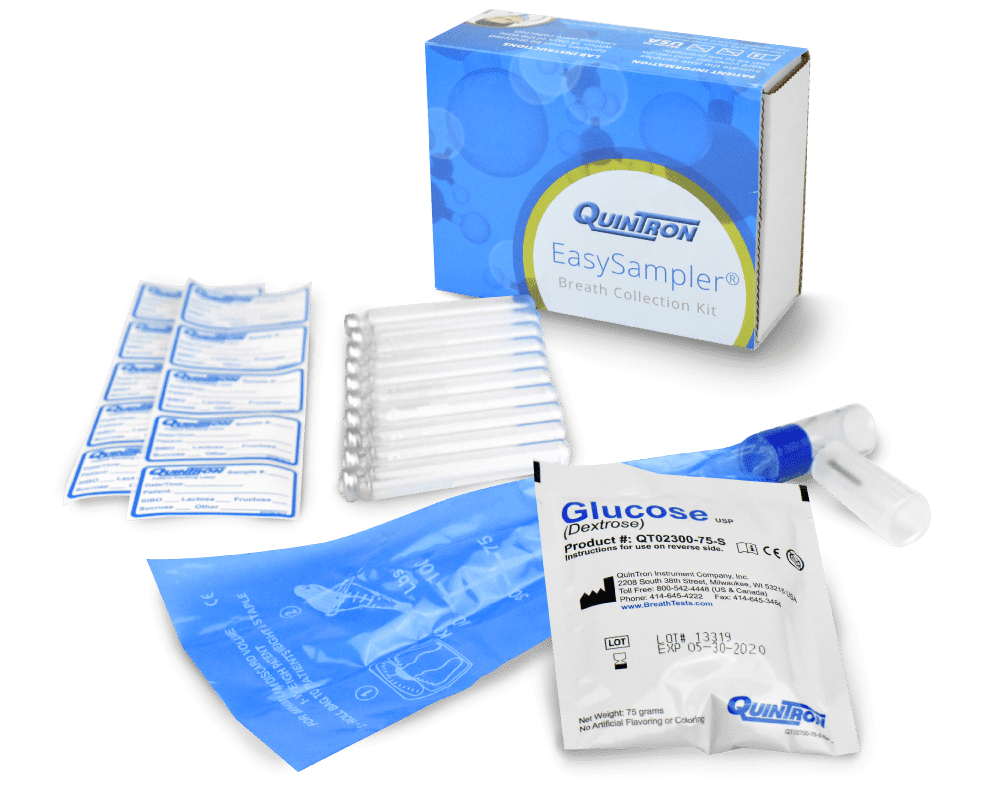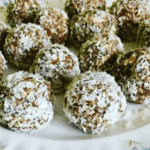Sleep and Immunity. What’s the Connection?
by Sandy Watts BNMH
We all know that sleep is important.
Did you also know that sleep also affects how your immune system functions?
Poor Sleep is a Driver of Impaired Immune Function
It may come as a surprise to learn that the ability to fight infection is compromised in the face of poor sleep quality. Just how do sleep and immunity interact, such that compromised sleep can reduce your immune responses?
Sleep deprivation is widespread in modern society and is known to reduce immune defences and increase susceptibility to infections. Total and partial sleep deprivation results in alterations in immune parameters critical to host resistance, such as diminished T cell proliferation, shifts in T helper cell cytokine responses, and increased activation of proinflammatory pathways.
Sleep restriction reduces the cytotoxicity of important cells called natural killer (NK) cells that work to control viral infections. Just 48 hours of sleep deprivation results in a decrease in NK cells, with a return to normal values following recovery sleep.
Poorer sleep continuity and shorter sleep duration in the weeks preceding exposure to a rhinovirus were associated with lower resistance to illness, with people experiencing poor quality sleep and/or regular sleep deprivation (sleeping for less than 6 or 7 hours a night) having a 4-5 times greater risk of developing the common cold.

Can Inadequate Sleep Make You Sick?
Insufficient sleep has been shown to alter gene expression, reducing the immune response
Short sleep duration may negatively affect your antibody responses to novel antigens, providing a possible explanation for observed associations of poor sleep with increased susceptibility to infectious diseases.
Ultimately, the consequence of inadequate sleep is a sustained inflammatory response, decreased antiviral response and increased susceptibility to infectious disease.
Adequate sleep enhances immune defences to help prevent viral infection
Sleep is also an important way to recover from infection and illness, enhancing immune defences, and afferent signals from immune cells in turn promote sleep. In fact, the suggested function of sleep is to stimulate immune defence – no wonder you feel so tired when you’re unwell! Metabolic demands during sleep time are low, and the immune system is able to regulate both innate and antiviral immune responses, preparing for any challenges the following day.
Sleep and immunity are bidirectionally linked. Immune system activation alters sleep, and sleep in turn affects the innate and adaptive arm of the body’s defence system. Stimulation of the immune system by microbial challenges triggers an inflammatory response, which, depending on its magnitude and time course, can induce an increase in sleep duration and intensity.
Acute immune activation promotes sleep, however in the face of chronic stress and/or inflammation, the normally adaptive function of sleep is disrupted. When this occurs, the immune system becomes more proinflammatory and its antiviral function less proficient. Those who suffer from sleep disturbance and have high variability in sleep duration between nights, also have higher levels of C-reactive protein (CRP) and IL-6. It is believed that enhancement of sleep during an infection feeds back to the immune system to promote immune defence.
Getting enough sleep helps mount a strong antibody response. Sleep duration is positively associated with secondary antibody response to vaccination and likelihood of clinical protection. Strategies to support ensuring adequate sleep would therefore appear to be sensible preparation for vaccinations to improve clinical effectiveness.
Adequate sleep is associated with a reduced infection risk, and can also improve infection outcome and responses to vaccinations.

Sleep as Medicine
A naturopathic approach can support, empower, educate and motivate patients on the importance of sleep as part of supporting a healthy, robust, resilient immune system, and to provide strategies to optimise sleep. The approach would typically involve lifestyle and dietary considerations, as well as various appropriate herbal and nutritional medicines and supplements, including liquid herbal extracts, capsules, tablets, and medicinal teas, depending on the individual. These natural medicines can induce and support optimal sleep, as well as help to alleviate anxiety and reduce nervous tension, and increase the body’s resistance and adaptation to stress.
While it is appropriate to consider the role of the pathogen in disease presentation, it is also important not to lose sight of the bigger, overall picture of health – to ensure a robust, resilient immune system.
Naturopaths are well positioned to address the cause of compromised sleep, educate and motivate you on ways to build good sleep habits and sleep hygiene practices (read our tips here). By optimising sleep it is possible to improve your immune defence responses and their ability to resolve infections and improve disease expression. If you’re struggling to get a good night’s sleep, make an appointment today.











